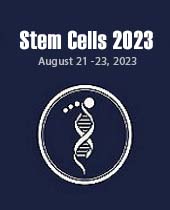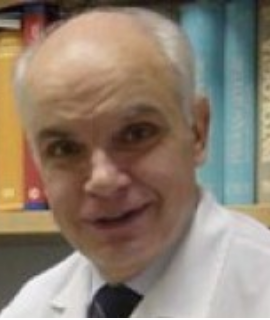Title : The CNS EGF lack in multiple sclerosis: a new aspect of its patogenesis and an impediment to development of the endogeneous neural stem cells
Abstract:
Our recent findings showing that epidermal growth factor (egf) is significantly decreased in the cerebrospinal fluid (csf) and spinal cord (sc) of living or deceased multiple sclerosis (ms) patients, and that its repeated administration to mice with experimental allergic encephalomyelitis (eae)-induced demyelination of their central nervous system (cns) prevents demyelination and inflammatory reactions in their cns, have led to a critical reassessment of the ms pathogenesis. Indeed, egf is considered to have little or no role in immunology. egf is the only cns-myelinotrophic factor that has been tested in the csf and sc of ms patients, and it has been shown that there is a good correspondence between liquid and tissue levels. Moreover, egf administration has been shown by other authors to be effective in cns remyelination in experimental models of chemically-or virally-induced cns demyelination. Here, the positive egf effects on neural stem cells, oligodendrocyte cell lineage, and astrocytes are briefly summarised, in order to explain, at least in part, the biological basis of the remyelination failure in ms. Neural stem cells are distributed in different cns areas, serve as a reservoir of multipotent cells, and may be increased by different means during cns demyelinating deseases. Furthermore, after a short analysis of the evolution of the principle of cause-effect in the history of Western philosophy, the lack of any experimental immune-, toxin-, or virus-mediated model that precisely reproduces the histopathological features and clinical symptoms of ms is highlighted, thus underlining the inapplicability of Claude Bernard’s crucial sequence of «observation →hypothesis→hypothesis testing». This is followed by a discussion of most of the putative non-immunologically-linked points of ms pathogenesis (e.g., abnormalities in myelinotrophic factor csf levels, oligodendrocytes (odcs), astrocytes, cns myelin composition, and epigenetics) on the basis of Popper’s falsification principle, and the suggestion that autoimmunity and phlogosis reactions (surely the most devasting consequences of the disease) are probably the last links in a chain of events that trigger the reactions. Given that myelinogenesis is controlled by various cns and extra-cns growth factors and other molecules within and outside odcs, it is likely that there is a lack of other myelinotrophic growth factors in ms cns. The autoimmune reaction as the cornerstone of the ms pathogenesis seems to be fading and it seems to be the consequence rather than the cause of the disease.


